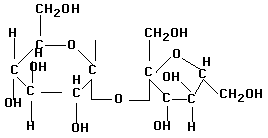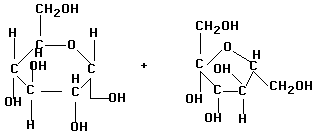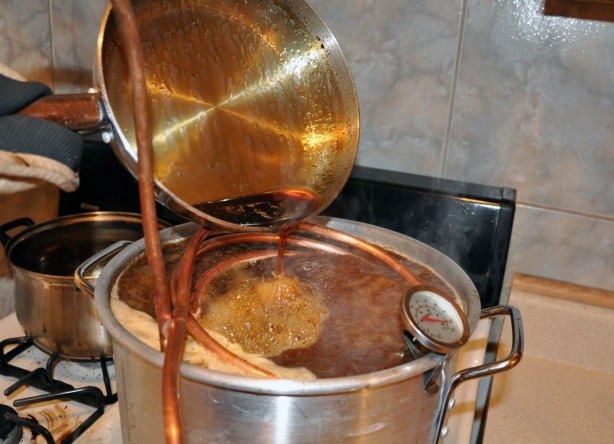Homemade Belgian Candi Sugar
All homebrewers brewing abbey beers know that authentic Belgian candi sugar or syrup is a key ingredient. Unfortunately homebrew supply stores capitalize on this commodity and sell Belgian candi sugar or “rocks” at inflated prices. This item is no different from invert sugar, or sucrose (table sugar) that has been turned into fructose and glucose and subsequently crystallized.
For those interested in the science of this process, sucrose is a fructose and glucose molecule linked by an ether bond between the C1 carbon on the glucosyl subunit and the C2 carbon of the fructosyl subunit. Heat in the presence of an acid breaks this bond and produces the two separate carbohydrates. The name “invert sugar” originates from the ability of plane polarized light form a polarimeter to switch from right to right to left when it passes through the final substance.
......................
While I do not claim to be a trappist monk, I refuse to buy this stuff at my LHBS and decided to make this at home (see pictures below) for my Raspberry Dubbel Trouble ale. Again, I took a page from Radical Brewing on the process and used lemon juice as my acid. Some brewers use citric acid as well.
Dissolved 1 lb of sugar in about two cups of water.
Added 1 Tbs of lemon juice.
Heated on high until sugar dissolved.
Continued to heat on high heat to evaporate and reduce the sugary liquid.
After 30 minutes, or when solution becomes really thick begin to watch it.
Turn off heat when you reach the desired color and add SLOWLY to wort or cool to turn into the rocks that we all come to pay too much money for.
The key here is watching and waiting. As you can see the time from when the sugar turned pale to amber was about 1-2 minutes. For darker syrups you will need to heat longer. Tasting the final product revealed caramel sweetness and no lemon indicating the chemical reaction went to completion. Be careful if you add this directly to your wort as the temp of the sugar is nearly 300°F and produces an instant frothing (see picture below). Add it slowly. In the picture below, I am adding the invert sugar to my Raspberry Dubbel Trouble.






